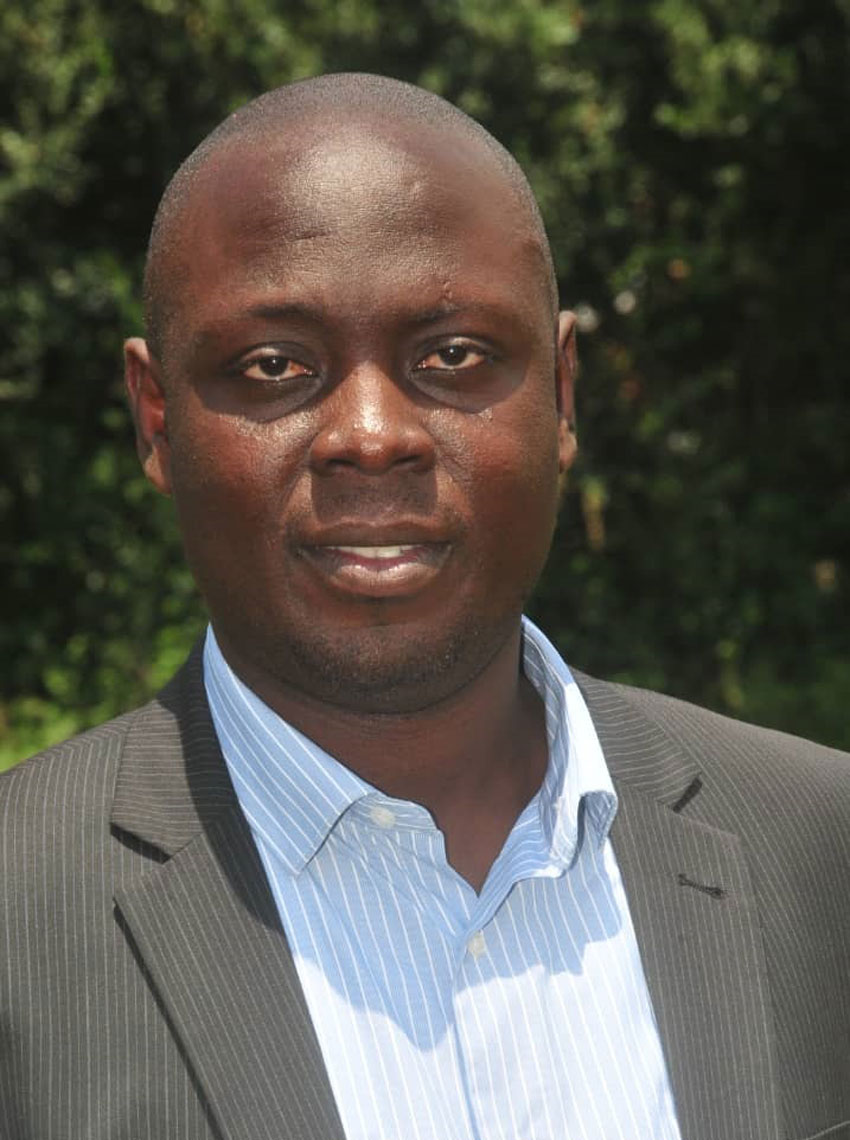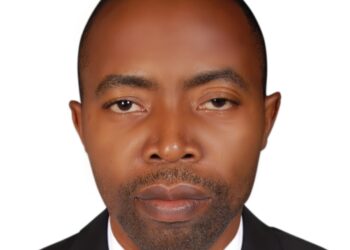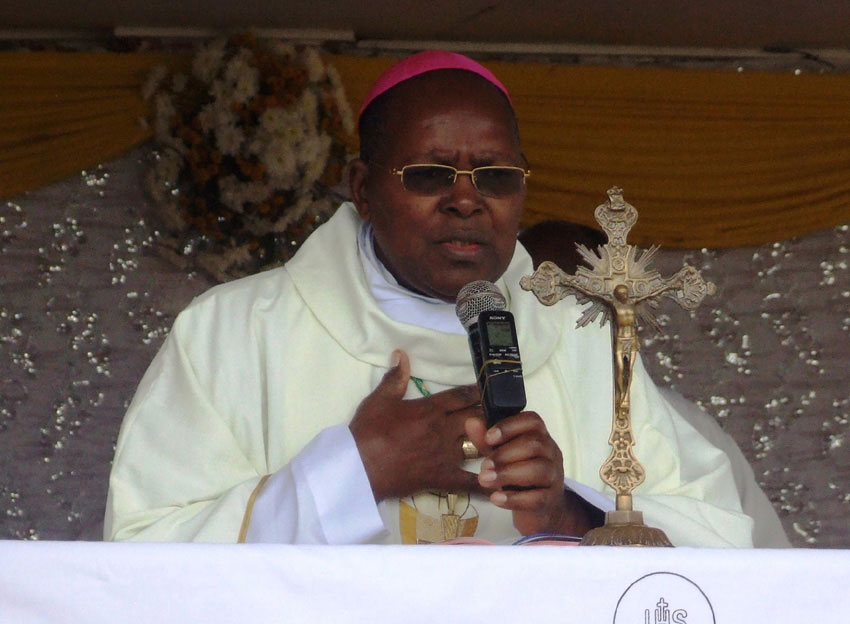It is unfortunate that we have to revert to outdated subjects such as tribalism and nepotism. But being leaders and the link with the future, these are the difficult hangovers from the past that we have to address until Uganda is completely free of all kinds of sectarianism. How shall we coalesce as East African community or the African bloc when we cannot fully adhere in a single country? This is the unfortunate twist which most people are not paying attention to, and it requires a good dose to cure it once and for all lest we perish.
Haven’t we seen what sectarianism did to Rwanda and Burundi; what it has done to Somalia, Central African Republic (C.A.R), the two Sudans, Nigeria, and many other places? Nothing to admire but to condemn and keep out distance!
In the latest wave of sectarian talk doing the rounds in Kampala, deployment in the security forces has been touched. For the umpteenth time, can people please do research before making public their ignorance on certain issues? Lack of knowledge before one speaks is inexcusable-and destructive.
In the army, deployment and promotion is based on several criteria, notably training, level of education, time in service (experience) and battle exploits. The absence of one or more factors may affect one’s chances for promotion but the presence of all or majority of them is advantageous. Never has one’s background (religious, ethnic, gender) ever been a factor. Can anyone name a high ranking officer undeserving of his or her rank and posting? The tendency not to look at the merit possessed by an individual but generalising based on “hateful and political” thinking is debased and too backward for the 21st century.
And the decision to promote is collective, involving consultation within the forces-in the army, the promotions boards sits and reviews candidates and forwards their names for due consideration by the commander-in-chief.
Processes are almost similar in all government agencies where deployment is processed at many levels. In the political echelons, decisions are popularly reached, where in voters “send in” their preferred candidates for deployment. Observation of patterns shows that we have well balanced representation where in there are more constituencies and administrative units than before; this has made it possible for every community to be represented as fairly as possible in decision-making at national level. It is up to those communities to send in their very best so that they scale the heights.
It is, however, notable that some communities, after sending representatives to the national stage they begin immediately fighting their own. I don’t want to name tribes lest I look like the “enemies” I am countering.
If the President could permit, we would publish dossiers he receives from certain regions pulling down sons and daughters from those regions. The habit of fighting and demeaning those close to the President is very common and usually it is not across tribal lines but from within. Who should be blamed?
In contrast, certain communities tend to huddle behind their own, preserving them in elected positions for extended periods to enable them exhaust their potential unlike elsewhere where leaders are changed like shirts and disgraced. Is there any problem if members of certain communities are united for their interests and who compete favourably at national level? Isn’t that what we all aim to achieve? What have the complainers done for their own people? Even me, at my level I am fought from my own backyard yet people from elsewhere have been there for me.
Any position that one holds is significant if the portfolio holder appreciates it and knows what to do. For example, there are ministries that are very influential but promoters of sectarianism do not consider them when launching their bigoted attacks. Look at the Ministries of Agriculture, Internal Affairs, Lands, etc!
One reason why Ugandans have always voted for Museveni and NRM is because they realised and appreciated the conscious program to promote co-existence and social harmony across tribal lines and where opportunities are shared based on merit and forces of healthy competition. They rejected Obote, they rejected Amin because on top of violating all known democratic norms, they fronted nepotism as their modus operandi.
A majority of Ugandans are accustomed to living side by side without minding where the neighbour hails from. Complaints and ill comparisons are the handiwork of a few faceless persons using social media and open social spaces to promote divisive agenda. All that is targeted at smearing dirt on President Museveni now that elections are at the corner. The enemies fear facing voters at the elections hence improvising spoiler tactics to incite them to gain an unfair advantage. The whole plot is aimed at distancing and alienating the public from Museveni but that is wrong and unfair. As NRM, we know the allegations are not true and we are used to the negative publicity and blackmail which usually boomerangs on those who start it.
The plotters are advised to find alternative methods to promote their preferred candidate(s) or face the law as it.
Sectarianism and public speech that promote the same are prohibited under the law of the land. Any breach is punishable through the courts of law. Nobody should be surprised when he or she gets booked for offences related to hyping the same. Every Ugandan now is capable of working his or her way up the ladder to achieve their life goals. That’s what NRM has guaranteed all these years, which is why it is the only mass party with a national character.
Character assassinating President Museveni by claiming a deliberate design of nepotism and tribalism doesn’t sell except on the open market of a reverse psychology promoting the very prejudices that the allegers compose themes about.
The author is a Private Assistant to H.E the President in Charge of Media Management
Contact: kirundaf2@yahoo.com
0776980486/0702980486
Do you have a story in your community or an opinion to share with us: Email us at editorial@watchdoguganda.com













